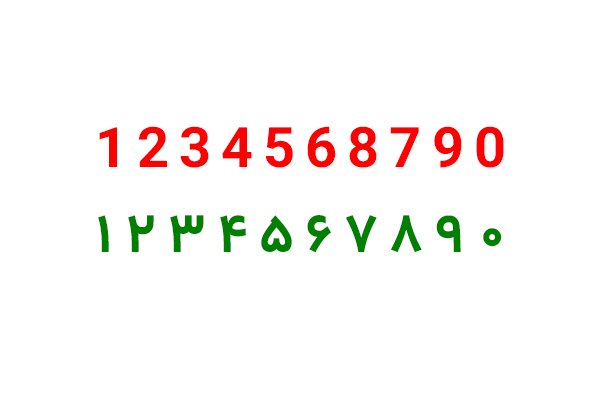
Ideally, we’d just flag port 2/0/28 as different in the example above, since it doesn’t match the other two ports. The example text would look something like the following:

Yesterday I was asked by a colleague to parse a Cisco switch configuration to find ports that are configured differently from an example port on a switch with several hundred ports on it. Same thing with other formats like XML, PowerShell, VBScript, etc. Open up an HTML file in Notepad++ and it knows about HTML formatting and changes the text color appropriately. You can open up multiple text files in tabs in Notepad++ and search across all the documents at the same time.Ĥ. I use this all the time when comparing firewall or switch configurations to see what has changed(or what needs to change when doing firewall migrations to new hardware.ģ.

There is a great Compare plugin in the Plugin Manager that lets you easily compare two text files. Can handle the large text files (think 100MB log files) with ease.Ģ.
#NOTEPAD++ REGEX OR INSTALL#
It’s a common problem with postings here, you have to express your need fairly exactly in order to get the best help (i.e., not have someone go off and invest time to solve problem X, only to have someone say “No, no, you fool, I have problem Y, not problem X”).Notepad++ is one of my favorite text editors and I tend to install it on any computer I’m working with. While the built-in Windows Notepad only gets you so far, the free GPL Licensed Notepad++ has some big advantages:ġ. Or is it a cascaded search, meaning from the results of the first AND group, search only those lines for the second AND group? (And OR them as this example implies)īut is it really an OR that is needed? Or (pun!) is it really just “combining” results from multiple searches? I might want to Find lines containing CellTypes AND CellStructures, for example, and then Find lines with COVID-19 AND Pathways. Again I’d say a really concrete example from you would help speed things along. It’s really tough to guess at what you want here, although I’m sure some will try that. In some of my examples here I refer to Bob and Carol and Ted and Alice, which I’m sure likewise makes the youngsters wonder just who are these people?!? Surely all the young ones reading this are completely lost, but yes, I believe Peter’s example was indeed a reference to the classic duo. Show my age by pointing out it also reminds me of George Burns and Gracie Allen Might there be something better, and should I be able to pack this phrase into the alternation structure without breaking said in Boolean operators in FIND?: For some reason it reminded me of Jack and Diane, although I’ll show my age by pointing out it also reminds me of George Burns and Gracie Allen. Peter’s example of George and Gracie looks like it fills the bill, as I don’t care about order or where. The OR (alternation) function as explained by Alan does this handily and I’m very grateful for his rapid assistance.

This is time consuming, prone to error, and cumbersome when I want three or more groups. Building a subset file of two or more groups of command lines is easy, I just use Find repeatedly, copying the results to another file. Sometimes, when I add to the database or do certain tests, I want to pull out a subset so that I don’t have to run the whole thing. Currently, the file I go into a lot has about 400 lines in this format: java.(phrase) (?!])] find any VERTICAL BLANK character, which is NOT an UNICODE char ( idem to the regex )īest guys - I have command files for building parts of my database. (?-i)(?!) find any LOWERCASE-letter which is a CONSONANT ( idem to the regex ) To find all the characters of a Class_1, which do not belong to a Class_2, use the regex syntax :Įxamples : (?-i)(?!])] find any WORD characters, which is NOT an uppercase letter ( idem to the regex ) (?=)\P find any NON-ALPHANUMÉRIC char which is also an ASCII character ( idem to the regex ) (?-i)(?=) find any LOWERCASE-letter which is a CONSONANT ( idem to the regex ) To find all the characters of a Class_1 which also belong to a Class_2, use one of the two regex general syntaxes :Įxamples : (?=\d)] find any HEXADECIMAL character, which is also a DIGIT ! ( Of course, prefer the regex ! )


 0 kommentar(er)
0 kommentar(er)
